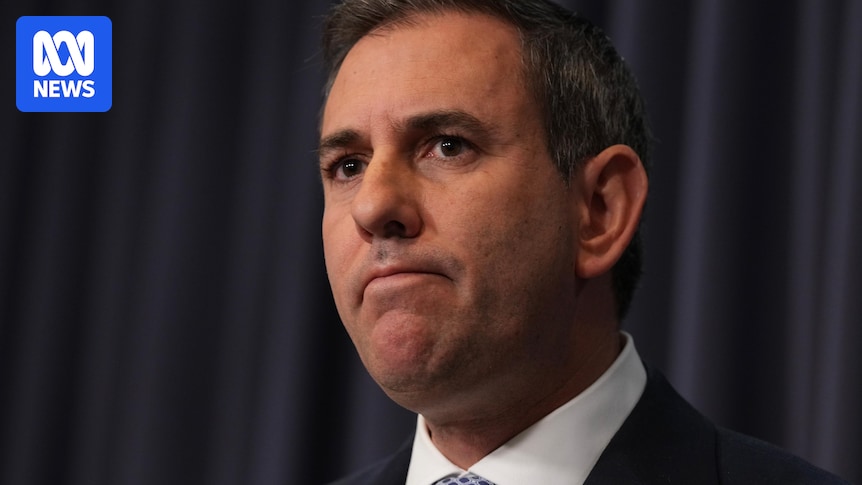
Jim Chalmers, Australia’s Treasurer, expressed a calm demeanor after the accidental release of sensitive Treasury advice following the recent election. The advice, which was inadvertently sent to the ABC, raised doubts about Labor’s ambitious housing target and suggested the need for tax reforms. Despite the mishap, Chalmers maintained that the advice was consistent with his public statements.
The Treasury document headings, released due to a Freedom of Information request, revealed skepticism about the feasibility of building 1.2 million homes in five years. It also highlighted the necessity of tax increases and spending cuts to ensure budget sustainability. “The priorities which are being reported today are … the sorts of things that I have mentioned before,” Chalmers told reporters on Monday.
Chalmers Concedes Housing Target Challenges
Chalmers acknowledged the challenges in meeting the housing target, describing the Treasury’s view as only a “partial” reflection of the situation. “The point that Treasury is making, the point that I understand and accept, is that the government will need to do better and do more to meet that target,” he stated. He reiterated the government’s commitment to addressing housing issues, emphasizing the need for ambition in tackling these challenges.
Meanwhile, the Treasury’s advice also suggested exploring further tax reforms, particularly concerning superannuation tax. However, Chalmers clarified that the government had no immediate plans to implement additional changes beyond the proposed tax on earnings, including unrealised gains.
Opposition and Greens React to Treasury Advice
The opposition seized on the advice, with Shadow Treasurer Ted O’Brien accusing the government of “hiding the truth.” He argued that the Treasury’s advice confirmed longstanding Coalition criticisms of Labor’s fiscal policies. “Treasury is telling Labor what the Coalition has been saying all along — they have a spending problem, they lack fiscal discipline, and they are preparing to slug Australians with higher taxes,” O’Brien stated.
Greens housing spokesperson Barbara Pocock also weighed in, suggesting that the Treasury’s advice undermined Labor’s election commitments on housing. “Labor’s hot air around housing is proving to be more bluster than content,” she remarked, highlighting concerns that current tax arrangements favor wealthy property investors over first-time homebuyers.
Implications of the Treasury Leak
The accidental release of the Treasury advice has sparked a broader conversation about transparency and accountability in government. Known as an “incoming government brief,” such documents are typically prepared during the election period under caretaker conventions, limiting government influence over public service operations. These briefs are designed to provide an unvarnished assessment of the challenges and opportunities facing the incoming administration.
Budget economist Chris Richardson described the leak as “magnificent” for its insight into Treasury’s candid assessments. “Far better that these issues are raised and discussed,” Richardson commented, emphasizing the importance of open dialogue in addressing national challenges.
The release also highlighted the rigorous scenario planning undertaken by Treasury, including analyses of potential global economic disruptions. Chalmers welcomed this approach, noting, “I welcome and I encourage the Treasury to think about best- and worst-case scenarios … It gives you a better chance to work through them if they eventuate.”
Looking Ahead: Addressing Housing and Fiscal Challenges
The Treasury advice has underscored the significant hurdles facing the Albanese government as it seeks to fulfill its housing and fiscal commitments. The government is now tasked with reassessing its strategies and potentially recalibrating its policy objectives to align with the realities outlined by Treasury.
As Housing Minister Clare O’Neil works on refining the government’s approach, the conversation around housing affordability and fiscal responsibility is set to continue. The insights gained from the Treasury brief, albeit released inadvertently, may serve as a catalyst for more informed policy discussions and decisions in the months ahead.





